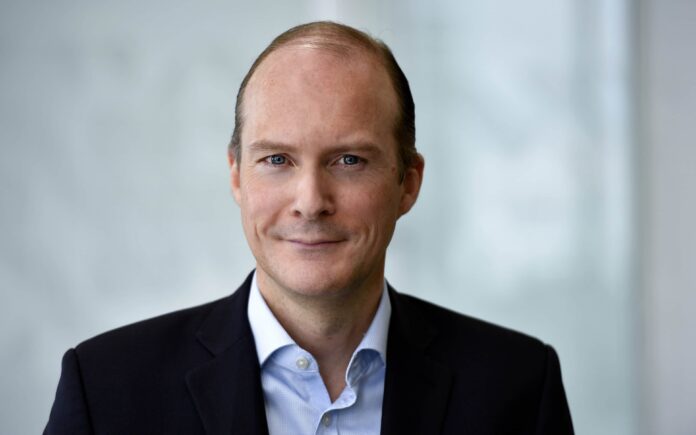The upcoming Communist Party Congress, which takes place every five years, starts on October 16. The twentieth such congress is set to give President Xi an unprecedented third term and provide a platform for his party to lay out its future policy plans. It comes at a key time, with China’s stop-start covid recovery at risk, geopolitical tensions high and the US and Europe sliding toward recession. The last Congress led moves to de-risk the economy, slow growth, and embrace ‘common prosperity’. This was a hard pill for many and hopes now are for a pro-growth policy tilt to stabilize the outlook, and support others from Europe to Japan.
OUTLOOK: Big policy changes are unlikely and the broad macro contours are set to stay in place. Focus will be on the changing membership of the seven-member politburo standing committee, with room for a modest growth-oriented economic pivot. China continues to have greater control over its fortunes than most, with its self-imposed zero covid strategy, low inflation, positive real interest rates, and fiscal flexibility. But it also faces unique policy challenges, from its oversized property sector to its big demographic headwinds and slowing global goods demand. China provided a third of the world’s economic growth in recent years, making its recent slowdown to a three-decade low jarring. But its GDP growth pace is still a multiple of the developed world.
MARKET: China’s domestic-focused stock market is the world’s second biggest and among the cheapest, with it having fallen out of favour. Local equities (MCHI) had a tough five years, lagging other major regions (see chart). Among causes, the unwinding tech rally and stepped up sector regulations. But China’s equities have done better recently as regulatory intensity has eased, with an ADR delisting deal also being completed, and authorities bucking the global trend and easing monetary policy.
Ben Laidler, eToro

















